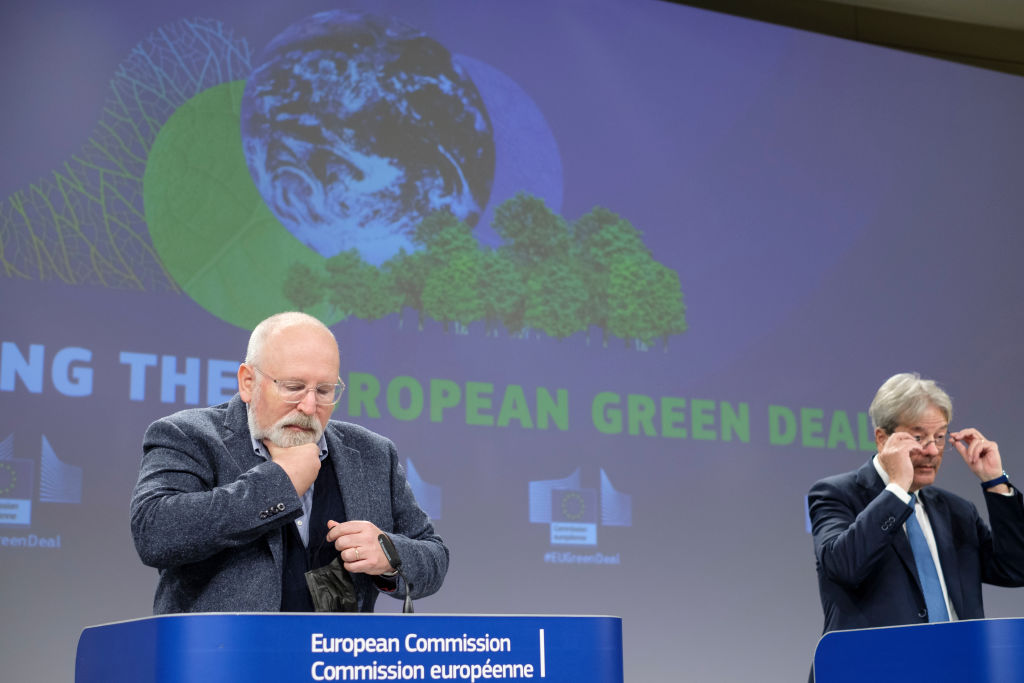Global energy-related emissions of carbon dioxide (CO2) hit a record high last year, driven partly by increased fossil fuel use in countries where droughts hampered hydropower production, the International Energy Agency (IEA) said.
Steep cuts in CO2 emissions, mainly from burning fossil fuels, will be needed in the coming years if targets to limit a global rise in temperatures and prevent runaway climate change are to be met, scientists have said.
“Far from falling rapidly – as is required to meet the global climate goals set out in the Paris Agreement – CO2 emissions reached a new record high,” the IEA said in a report published on March 1.
Global emissions from energy rose by 410 million tonnes, or 1.1 per cent, in 2023 to 37.4 billion tonnes, the IEA analysis showed.
A global expansion in clean technology such as wind, solar and electric vehicles helped to curb emissions growth, which was 1.3 per cent in 2022. But a reopening of China’s economy increased fossil fuel use in countries with low hydropower output and a recovery in the aviation sector led to an overall rise, the IEA said in its report.
Moves to replace lost hydropower generation due to extreme droughts accounted for around 40 per cent of the emissions rise, or 170 million tonnes of CO2, it said.
“Without this effect, emissions from the global electricity sector would have fallen in 2023,” the IEA added.
Energy-related emissions in the US fell by 4.1 per cent, with the bulk of the reduction coming from the electricity sector, according to the report.
In the European Union emissions from energy fell by almost 9 per cent last year, driven by a surge in renewable power generation and a slump in both coal and gas power production.
In China, energy emissions rose by 5.2 per cent, with demand growing as the country recovered from COVID-related lockdowns, the IEA report said.
China, however, also contributed around 60 per cent of global additions of solar, wind power and electric vehicles in 2023, it said.
Globally, electric vehicles accounted for one-in-five new car sales in 2023, reaching 14 million and up 35 per cent on the level of 2022, the report revealed.





